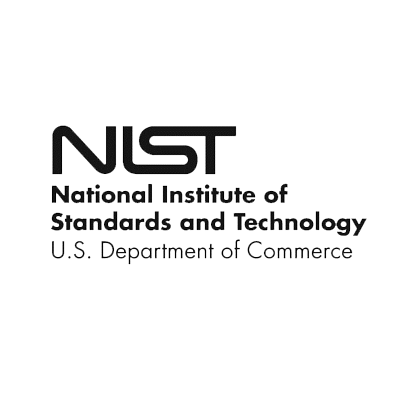Work on NIST team to develop mission-related models and tools to advance smart connected manufacturing systems in US industry.
Develop advances in software, computational methods, and open-source industrial AI algorithms and simulations for design, monitoring, and control of smart connected manufacturing systems and products. Elicit requirements for, develop, and maintain novel, efficient, reliable, and user-friendly software tools and methods that address industry needs for better monitoring, digital simulation, and evaluation of digital and physical industrial systems that advance US manufacturing capabilities in production, planning, resource management, prognostics and health management, human/machine communications, and decision making. Collaborate with team and stakeholders to identify and address gaps in standards, guides, and practices, propose solutions and promote development and adoption of resulting standards, guides, and practices. Support mission research with expertise in software development, testing, and analysis. Maintain current awareness and expertise in advances, opportunities, and gaps in advanced digital simulation, industrial AI/ML, and software development. Disseminate results. Document and publish software and data regularly, according to best practices and NIST policy. Demonstrate software to stakeholders. Contribute to refereed publications describing industry need, research methods, results, and software solution. Present research results at conferences and to stakeholders.
Bachelor's degree in computer science or bachelor's degree with 30 semester hours in a combination of mathematics, statistics, and computer science. At least 15 of the 30 semester hours must have included any combination of statistics and mathematics that included differential and integral calculus. All academic degrees and course work must be from accredited or pre-accredited institutions.
In addition to the above basic requirements:
All applicants must have one year (52 weeks) of the specialized experience at the GS-9 level (ZP-II at NIST). Specialized experience is defined as experience in manufacturing practices and software models for simulating and evaluating processes across multiple objectives in manufacturing operations and/or their supply chains. This is evident through software development activities in one or more of the following the areas:
- Manufacturing discrete event simulations
- Software maintenance and development practices
- Artificial Intelligence implementation and evaluation methods
- Manufacturing resource and operations planning
OR
Master's or equivalent graduate degree
OR
Combination of education and experience.
NIST promotes U.S. innovation and industrial competitiveness by advancing measurement science, standards, and technology in ways that enhance economic security and improve our quality of life.
Apply Now
